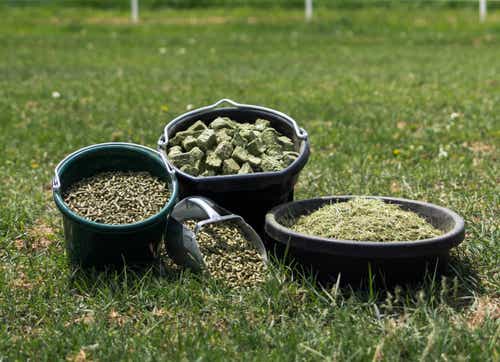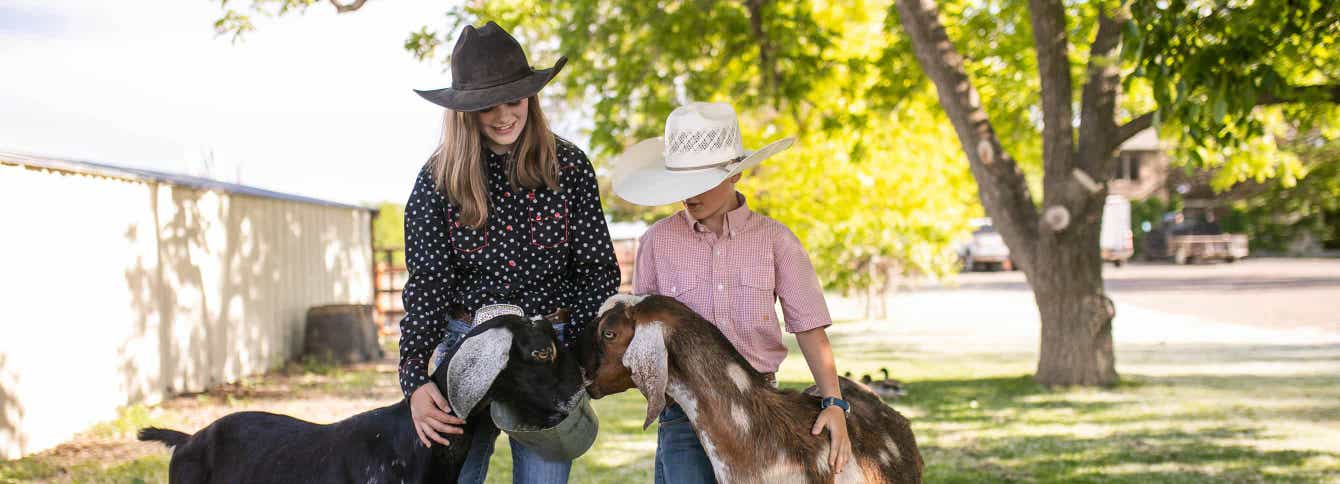
4 Tips for Managing and Feeding Goats in the Fall
Just like people, fall is a transition period for goats. This is the time to prepare their bodies for winter weather and the breeding season, and make adjustments to their diet as needed with good quality forage. We would like to provide you with some tips for managing your goat herd as the leaves change and air cools off. 1. Body Condition When feeding goats in fall, use the time post-weaning of...
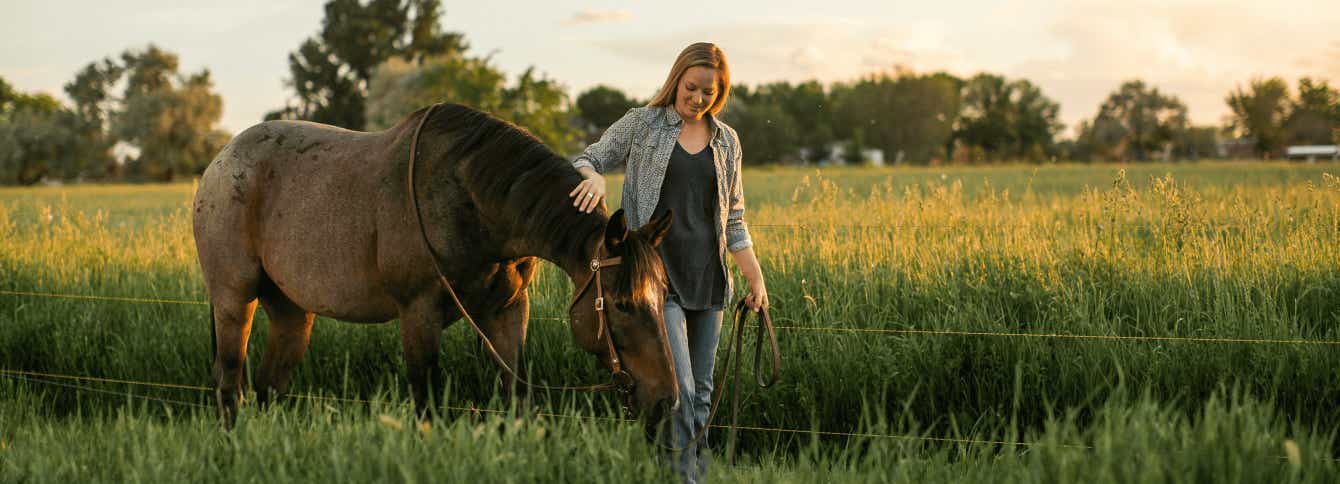
Ensure Your Performance Horse is Getting the Right Amount of Vitamins & Minerals
Minerals and vitamins are two groups of nutrients required in minimal amounts in horses' diet. They are different from other nutrients such as protein in that protein is needed in much more significant amounts in the diet to satisfy requirements. Too much mineral or vitamin can undoubtedly result in dietary imbalance, but it can also be toxic to the horse. Two minerals of primary concern are...
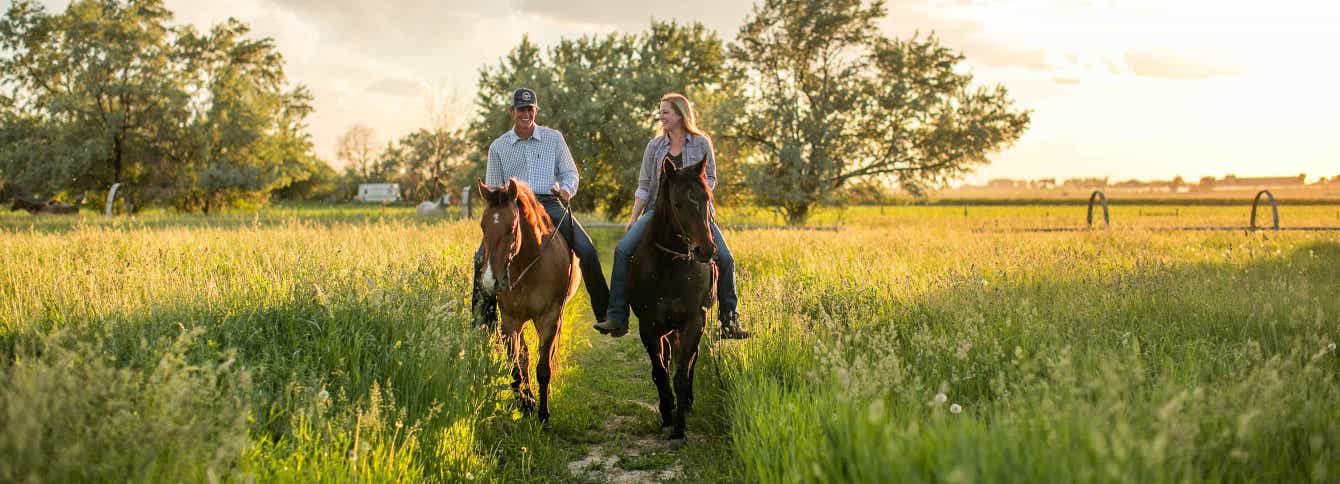
What are Gastric Ulcers and What Can I Feed My Horse to Help Manage Them?
The horse has evolved as a grazing animal; forage plays an essential role in equine health. Horses are non-ruminant herbivores, also known as a “hindgut fermenters.” Their digestive tract is made up of a simple stomach, small intestine and large intestine. The natural feeding habit of the horse is to eat small amounts of roughages, often. Domestication has changed this. Modern management practices...
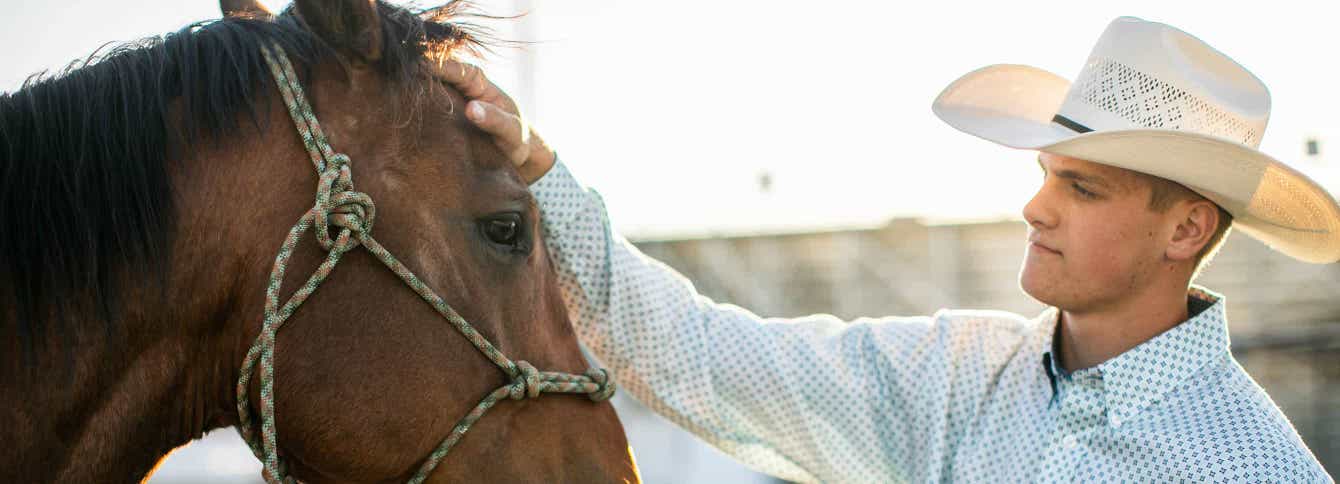
A Balancing Act: How Much Protein Do Horses Need?
You may have heard the phrases: "Too much protein makes my horse crazy," "Not enough protein will cause loss of top-line muscle," "Excess protein will wear out the kidneys," and more. These phrases are discussed and debated in barn aisles, underscore the importance of protein in horses' diet, and point out some misunderstandings of protein. Protein is an essential nutrient in the diet of all...
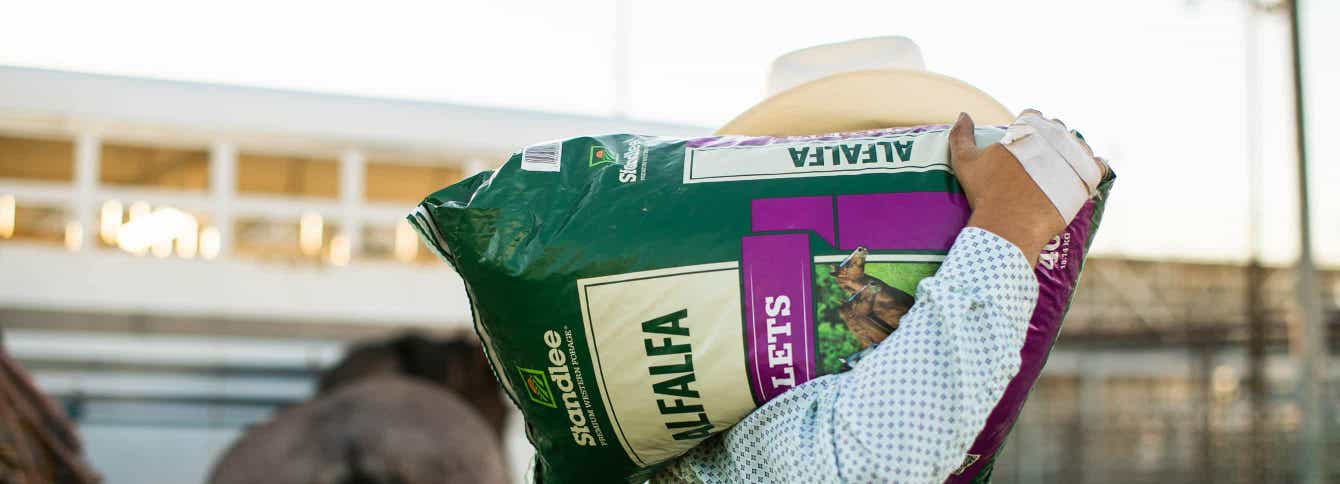
Counting Calories - Getting the Energy Content Right in Horse Diets
Understanding the energy or calorie content of your horses’ diet can be confusing. Horse owners certainly want their animals to have adequate energy, but not too much energy that may cause erratic behavior. A better understanding of energy requirements for horses will help bring clarity to this topic. Energy is necessary to run all the chemical reactions within the horse. These chemical reactions...

